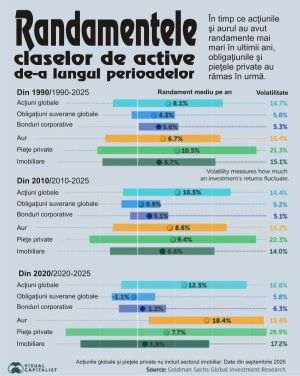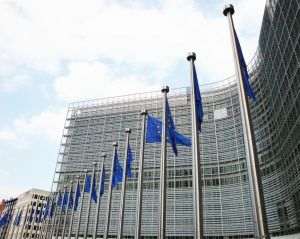Despite efforts to reduce its dependence on China for critical raw materials, Europe remains heavily dependent on the Asian country's resources, according to an analysis by visualcapitalist.com. It highlights the proportion of the EU's supply of 12 raw materials used in various industries that come from China. The analysis is based on Bloomberg data, according to research by the European Commission.
The cited source shows that Europe relies 100% on China for heavy rare earth elements, which are used in technologies related to hybrid cars, fiber optics and nuclear energy. At the same time, 97% of the magnesium consumed in Europe, for uses ranging from aerospace alloys to car parts, comes from the Asian country. It is followed by light rare earth elements (85%), lithium (79%), gallium (71%), scandium (67%) and bismuth (65%).
The EU is facing a pressing concern about access to critical raw materials, with fears that the Asian country could use them as a weapon to dominate these resources. One proposed solution in this context is the EU Critical Raw Materials Act, which entered into force in May 2024, the cited source notes. The regulatory act requires that a 10% quota of all critical raw materials consumed in the EU be produced in the community bloc. In addition, the law calls for a significant increase in recycling efforts, amounting to up to 25% of annual EU consumption. Finally, this regulatory act sets the goal of reducing dependence for any critical raw material on a single country outside the EU to less than 65% by 2030.
• Canada blocked the sale of rare earths to China
Ottawa blocked in June 2024, for the first time, the sale of rare earths from Canada's far north to a company based in China, a leader in this sector, according to a government source quoted by AFP.
The federal government has not ruled out intervening again to "restrict Chinese investment in the Canadian mining sector," an official told AFP on condition of anonymity, noting that he was not authorized to speak publicly on the subject, Agerpres notes.
Following the bankruptcy of its Canadian branch, the Australian company Vital Metals planned to sell its ore reserves to the Chinese company Shenghe Resources, being unable to process them. But Jonathan Wilkinson, the Minister of Natural Resources, "stepped in to facilitate a deal so that the materials could stay in Canada," the source said.
The materials extracted from the Nechalacho mine in the Northwest Territories were subsequently sold for C$3 million (euro2 million) to the Saskatchewan Research Council, which is building processing plants.
Ottawa considers rare earth metals a matter of national security and a key element of its decarbonization strategy.
The government led by Justin Trudeau has therefore implemented restrictions on investment and exports, mainly targeting China, which largely dominates the sector. Billions of dollars in government incentives have been allocated to accelerate local mining and build new battery factories.
Rare earths and other strategic minerals such as lithium, cadmium, nickel and cobalt are essential components of electric vehicle batteries, wind turbines and other so-called green technologies.
Canada is "taking steps to develop secure domestic sectors for essential minerals to reduce its dependence on foreign countries," Wilkinson's office said in a statement, adding: "When it comes to financing mining companies operating in Canada, the answer cannot simply be investment from Chinese state-owned enterprises."









































